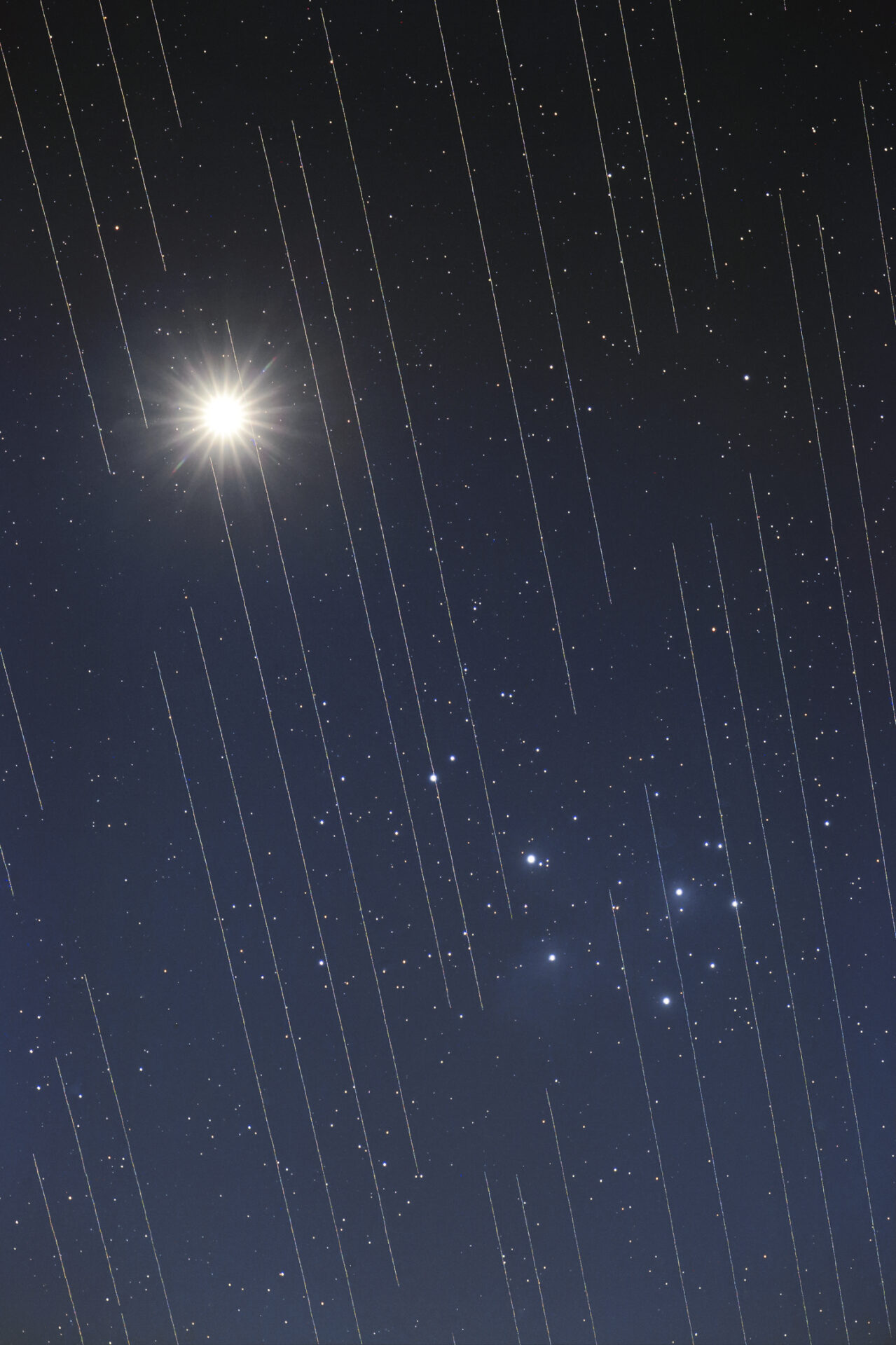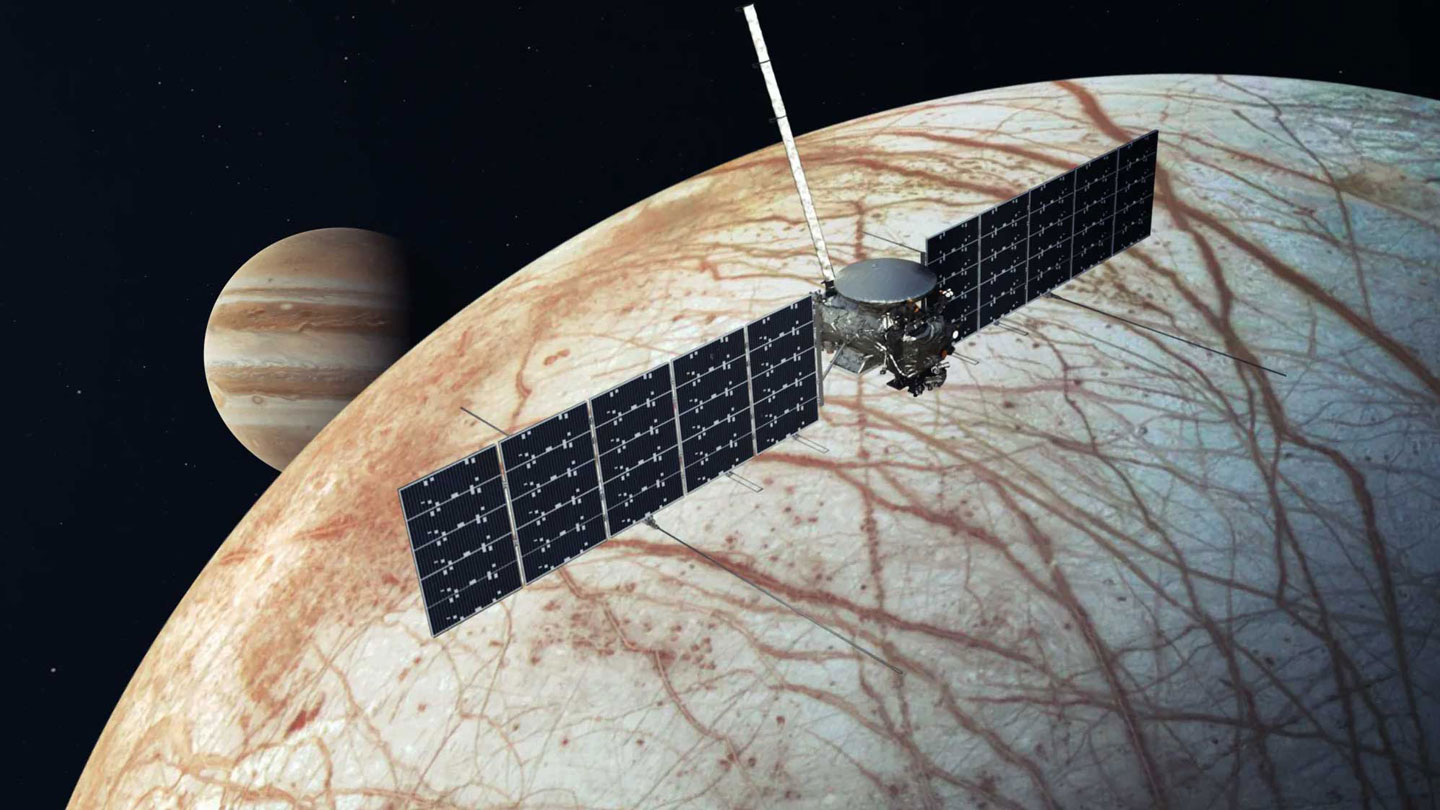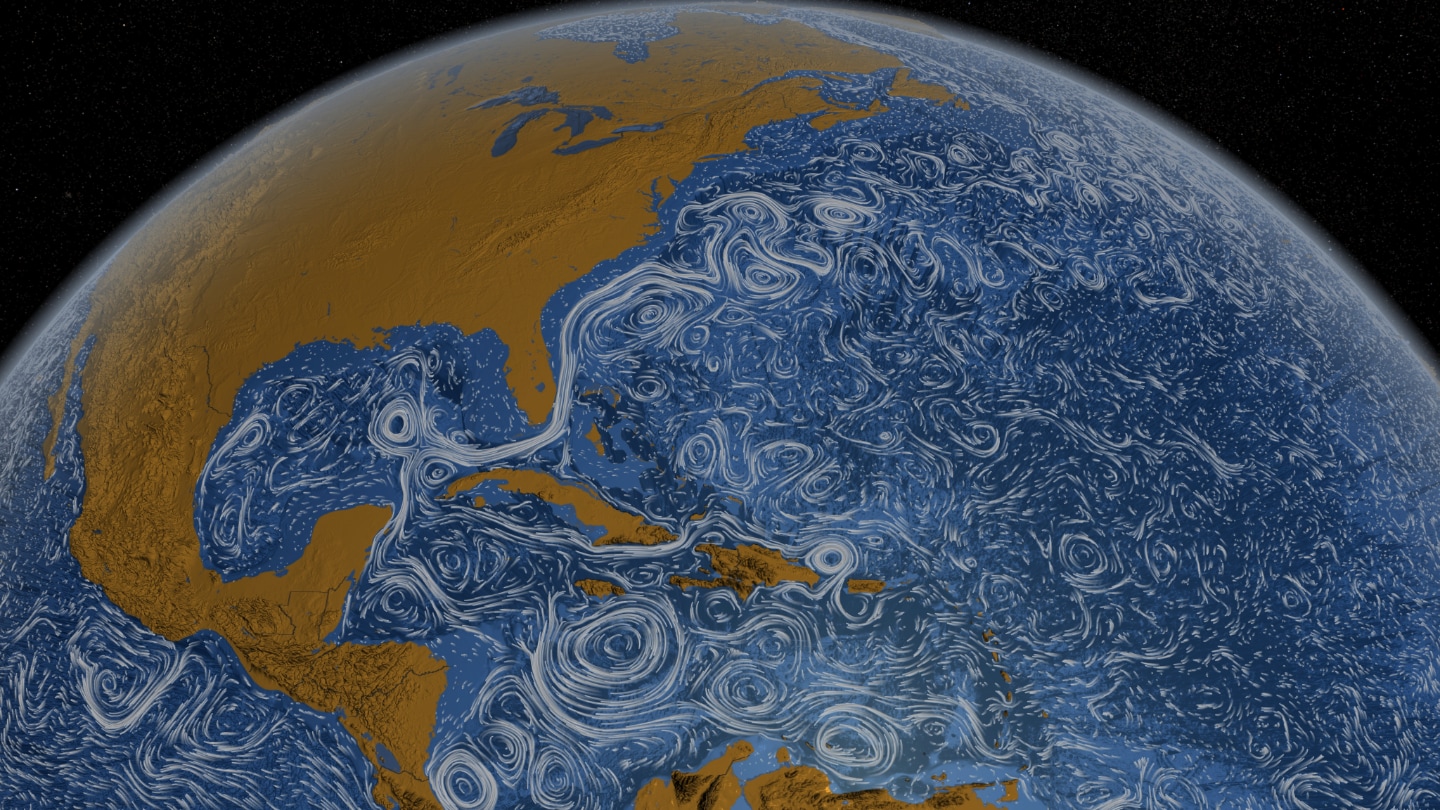Satellites hampering radio astronomy — Science Information, October 5, 1974
Up to now, the satellites and probes launched by NASA and others efficiently prevented battle with the radio frequency bands reserved for radio astronomy. However now there’s bother.
The trespassers are two main U.S. satellites launched in Might…. When both of the satellites is on or close to the road between an observer and what he needs to review, the work is rendered troublesome or inconceivable… radio astronomers could possibly reside with one or two such interlopers. Twenty or 100 can be a disaster for radio astronomy.
Replace
The battle between astronomers and satellites has solely gotten worse. Personal corporations have launched 1000’s of recent satellites since 2019 alone, far outstripping what astronomers thought can be catastrophic within the ’70s (SN: 3/12/20). As of September, there are upwards of 10,000 lively satellites in Earth’s orbit, and personal corporations proceed to launch extra (SN: 4/8/23, p. 5).
Astronomers are nervous that disaster is imminent, partly as a result of many fashionable satellites emit much more radiation than beforehand thought (SN: 9/30/24). Optical telescopes are additionally now affected: The satellites depart brilliant streaks throughout pictures of the evening sky, making the photographs troublesome to investigate. Efforts to mitigate the issue by modifying the satellites or their orbits have had blended outcomes (SN: 10/9/21 & 10/23/21, p. 14).
*
Supply hyperlink
Author: Space and Astronomy News
Maybe later





No comments! Be the first commenter?